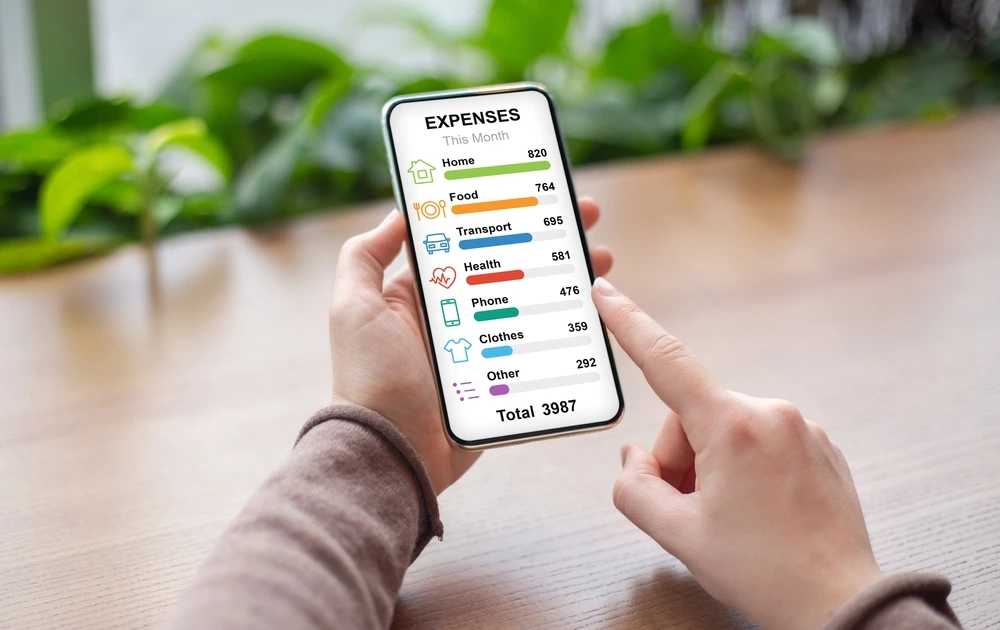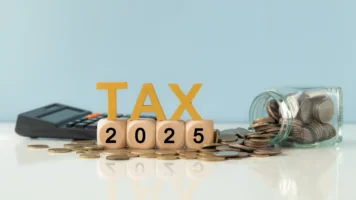How to Manage Money when Travelling
When you finally get the time off, travelling to different cities, states or countries can be a very exciting experience. When it comes to money while travelling, planning a trip around a budget is simple but sticking to the budget while on holiday can be more difficult. To ensure you stay on budget for your next adventure, we’ve gathered the best tips and tricks to help you learn how to manage money when travelling. From understanding exchange rates to setting up automated bills, we’ll help you learn how to manage your travel costs–without needing a travel loan!
Overview:
- Plan your trip
- Set a budget
- Travel Insurance
- Understand the currency and exchange rates
- Organise different forms of money
- Automated set up for bills
- Keep track of all your expenses when travelling
- Day to Day budget
- Live like a local
9 Tips and tricks for managing money while you travel
1. Plan your trip
Spontaneity can be exciting, but not so good for the wallet! So to ensure you’ve got a handle on your funds while you’re travelling, you need to plan your trip before you go.
To help you plan your trip, ask yourself:
- Where are you going?
- How long are you travelling for?
- How will you get there?
- What is the main reason for your trip?
These initial questions will allow you to form an estimated budget around the trip itself and start the process. Initially your trip could be planned around cheaper flights, locations and your budget.
2. Set a budget
The best way to manage money when travelling is to budget every cost you can think of that you will need for your vacation, including:
- Airfares
- Accommodation
- Transportation
- Food and drink
- Activities
- Souvenirs
When planning a budget, it’s a good idea to always set extra funds aside just in case anything unexpected comes up.
3. Travel Insurance
Travel insurance is important because it provides financial protection and peace of mind when unexpected issues arise during trips. It can cover emergency expenses like:
- Medical emergencies
- Trip cancellations
- Lost luggage
- Flight delays
- Personal liability
By safeguarding against these risks, travel insurance ensures smoother, safer travel experiences.
4. Understand the currency and exchange rates
When managing your money while travelling, it’s essential to research the exchange rate and local currency of your destination. Checking exchange rates is simple and can help you determine an accurate budget for your trip. Exchange rates can also influence your travel timeline or destination, as they often fluctuate across seasons and countries. Being informed about the local currency not only helps you avoid overspending but also allows you to manage your finances more effectively while travelling overseas.
5. Organise different forms of money
When travelling, be sure to arrange multiple payment methods in advance. This preparation provides peace of mind and easy access to funds if issues arise. Many Australian banks offer travel cards with fixed exchange rates, helping you avoid extra fees on each transaction. It’s also wise to carry some local currency in case certain places don’t accept cards.
Before you go, notify your bank about your travel plans to prevent them from freezing your card due to suspected fraudulent transactions.
6. Automated set up for bills
Unfortunately, even when you go on holiday there are still bills to pay at home. When budgeting for your trip away, remember to factor in any upcoming bills so you can make sure you’ll have enough money to pay them when you get home.
To make managing your bills easier, think about setting up automated payments. By scheduling the bills before you go, you don’t have to worry about these expenses while you’re trying to enjoy your holiday!
7. Keep track of all your expenses when travelling
A direct way to manage money when travelling is to keep track of all your expenses, from accommodation to a cup of coffee. This will allow you to manage your money and stick to a budget.
You can choose to use either a physical journal or use your phone to track your payments. If you choose to use your phone, then using a money management app and/or travel budget app can help you keep track of your spendings in a more visual way.
Here are some travel budgeting apps that might come in handy:
8. Day to Day budget
Budgeting for a trip is a given, but what about having a budget for each day. While a day to day budget would exclude flights and accommodation, this type of budget can help you keep track of your meals, shopping, souvenirs, and events each day. This method will help you plan for days where you’ll need a larger budget and for days where you can cut back on your spending.
9. Live like a local
When you think of a holiday, you often envision indulgent meals at fancy restaurants, activities booked for every day, and visiting every famous landmark. .. While this is a great way to spend a holiday, it can be just as fun and budget-friendly to live like a local.l. Living like a local on holiday means immersing yourself in the everyday life, culture, and customs of the place you’re visiting. It also means practising more low-cost habits, like:
- Shopping at local markets and preparing homemade meals with local produce
- Using public transport rather than renting a car or getting a rideshare
- Engaging more with locals, asking them where the cheapest and best places to visit are
Living like a local is a great way to save money but don’t force yourself to miss out on special events, occasions or activities. There are so many exciting things to see and do!
Need some help funding your holiday?
Get the ball rolling on your travel plans with a holiday loan from Swoosh!. With fast, easy online applications, you’ll be on your way to paradise in no time. Apply online today.











